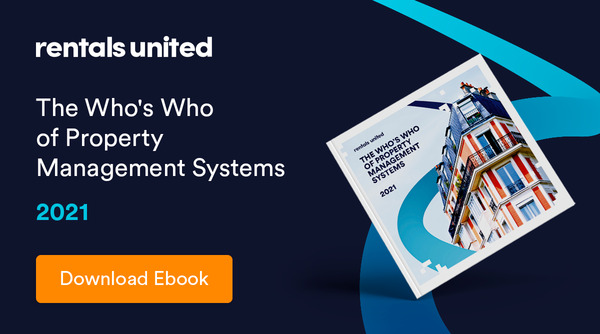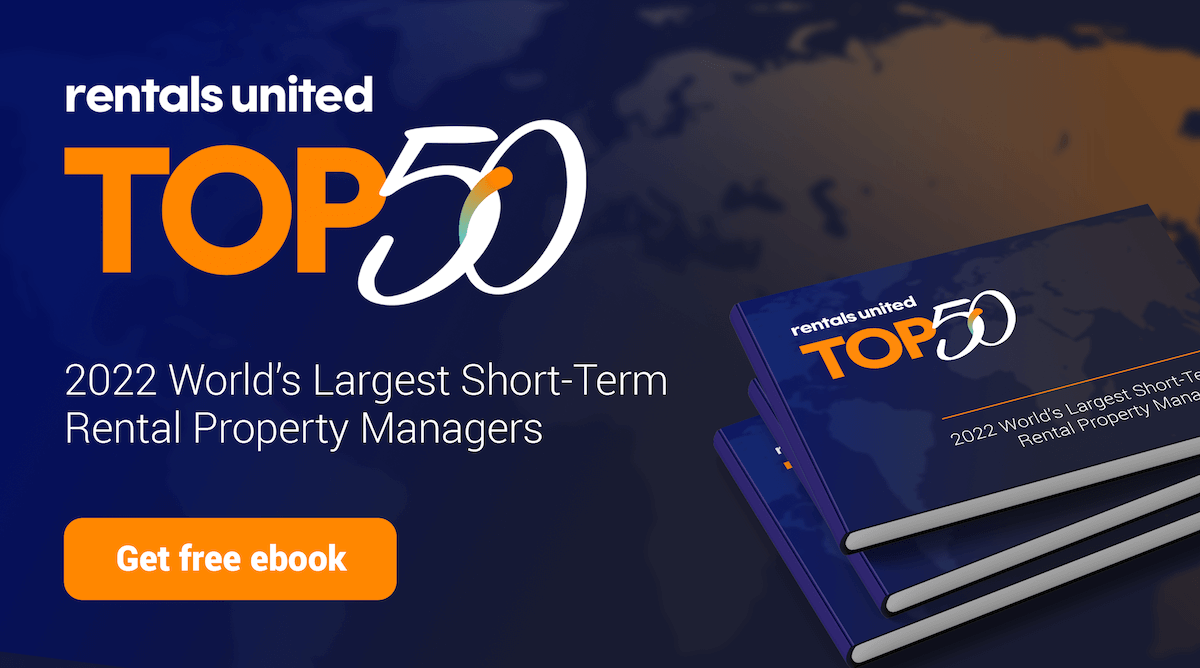If you’re a property manager, chances are you’ve heard of the two most popular software solutions in the short-term rental space: Property Management Systems (PMSs) and Channel Managers.
But you may not know the difference between a Channel Manager and a PMS, and what each of them can do for your business.
We’ve put together a guide to help you better understand these platforms and make an informed decision.

Property Management Systems (PMS)
Property Management Systems (PMSs) are software solutions developed to facilitate the management of the day-to-day operations of vacation rentals, hotels or real estate businesses.
In short, a PMS allows you to free yourself from the old pencil and paper method which is extremely time-consuming and inefficient.
Their focus is to help organise, schedule and assign tasks – they’re particularly useful when it comes to staff management, accounting and reporting.
Originally created as front desk hotel software, PMS systems have been able to follow market trends and redirect themselves towards expanding sectors such as vacation rentals.
Some PMSs also offer connections to different distribution channels. They generally connect to the most popular OTAs (online travel agencies) such as Airbnb or HomeAway.
To give their customers a wider range of connection options, the best PMSs have integrations with specialised Channel Managers. Over 50 Property Management Systems are integrated with Rentals United Channel Manager, giving their customers access to 60+ online booking channels.
What a Property Management System can do for you:
- Centralise property information and all booking tasks & transactions
- Housekeeping and check-in staff management
- Reporting, accounting, invoicing and more

Channel Managers
Channel Managers, on the other hand, specialise in the distribution of short-term rentals onto listing sites. These range from OTAs (e.g. Booking.com, TripAdvisor, Expedia, Agoda), vacation rental sites (e.g. Airbnb, Vrbo) and Metasearches (e.g. HomeToGo) to GDSs and wholesalers (e.g. B2Book), niche and global.
Channel managers use API connections to integrate with online sales channels, which allows them to sync your rates, availability, and content across all the channels you advertise on. This way, you can manage all your listings in one place. Thanks to the two-way integration, the changes you make will come into effect on all your channels.
No vacation rental property manager with more than a handful of properties can live without a channel manager. That’s because channel managers are essential for preventing double bookings.
When using a Channel Manager, your calendars get instantly updated across all your connected channels every time you receive a direct booking through your own website or a reservation through a listing site. In other words, your availability gets automatically blocked for those dates.
Without this real-time synchronisation, you’re constantly at risk of overbookings.
Learn more about what is a channel manager
A channel management software is also key to diversifying your online distribution. With hundreds of listings sites out there, it’s becoming more and more difficult to find ones that work for your business. Channel Managers offer a wide range of booking sites to choose from and allow you to advertise on each of them from a single platform.
For example, by uploading your properties to the Rentals United platform, you can easily advertise on more than 60 different sites. Our account managers can give you advice on how to select the sites that best suit your needs, including those whose target audience corresponds with the customers you want to reach.
Some Channel Managers, such as Rentals United, offer basic tools to help you run your daily business – such as a Guest Planner, a Booking Engine, a Guest Communication tool, a Quality Checker, and a Multi-Calendar. They can also be connected to several external services, such as proper PMSs, revenue management tools, guest communication apps, and many more.
What a Channel Manager can do for you:
- Distribution across multiple listing websites and markets
- Automatic update of availability, rates, bookings and property info
- Advanced pricing options to maximise revenue

PMS vs Channel Manager: Which one do you need?
To sum up, a PMS is more useful if you want to become an expert in managing the daily tasks related to your property management business. It’s essential for making your operational processes more efficient and cost-effective.
On the other hand, a Channel Manager will serve you better if you wish to become an expert in the distribution of your listings. It can help you prevent double bookings, save time and diversify your distribution strategy.
But if you want to streamline your entire vacation rental business and make sure every part of the booking process is fully automated, you’ll probably need both. A PMS working in conjunction with a Channel Manager makes for a powerful tech stack that covers all your operational and marketing/distribution needs.
In addition, there’s a wide range of external services – like housekeeping apps, accounting tools, dynamic pricing tools and more – that are more or less integrated with both Property Management Systems and Channel Managers. Ultimately, they can help you maximise profit and save time.
All these tools can be beneficial for your company, but considering their costs, you must be aware of your needs and opportunities before subscribing with one or another.
Are you ready to build a tech-based distribution strategy? Discover how our enterprise-level Channel Manager can get you more bookings.